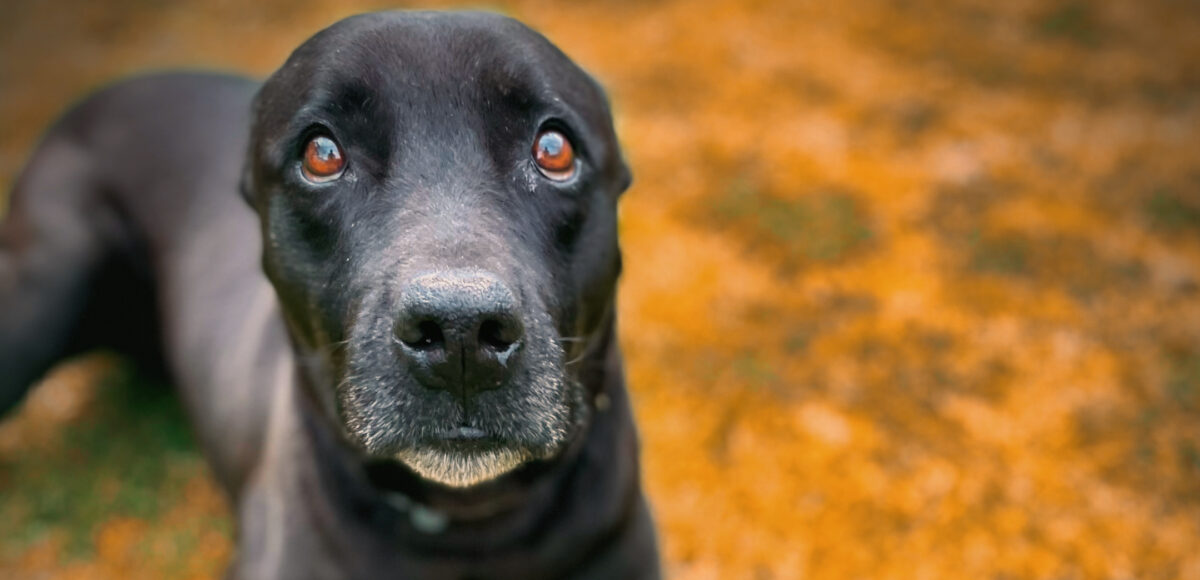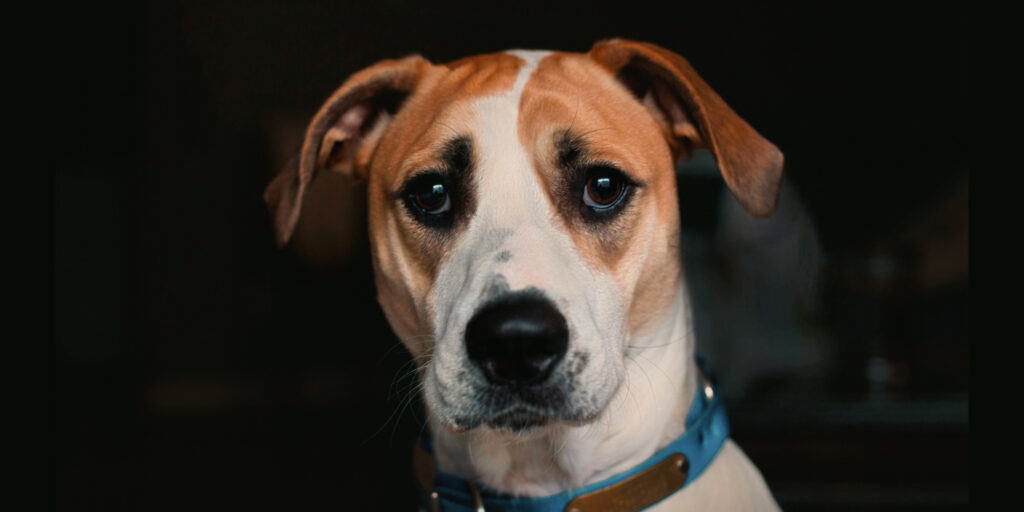
Can Separation Anxiety Be Avoided?
Resolving separation anxiety is one of the more common training enquiries we get at Direct K9 Services. Once entrenched, managing separation anxiety can be quite involved and requires incremental change over a longer period of time. But can separation anxiety be avoided through appropriate puppy training and conditioning? Let’s explore.
What is Separation Anxiety?
Separation anxiety in dogs is a behavioural condition where a dog experiences intense distress or panic when left alone or separated from their owner or primary attachment figure.
Separation anxiety goes beyond mild discontent. It’s a condition that can result in destructive behaviours, emotional stress, and even physical harm to the dog.
Signs of Separation Anxiety Include:
- Vocalisation: whining, barking, or howling when left alone
- Destructive behaviour: chewing doors, windows, furniture, or crates
- Pacing or restlessness: before or during the owner’s absence
- Excessive drooling or panting: even in normal temperatures
- Attempts to escape: scratching at doors, digging, or jumping fences
- Toileting indoors: despite being house-trained
- Shadowing: following the owner from room to room constantly
Are Specific Breeds More Susceptible?
Certain breeds can be more susceptible (or less resilient when their needs are not met) to separation anxiety. We can break these into different categories as they are vulnerable for different reasons:
- Energetic or working dog breeds such as Border Collies, Australian Shepherds, German Shepherds and similar breeds where their enrichment and stimulation needs are not met. For this to present as ‘separation anxiety’ rather than general anxiety this would need to become apparent when left alone or isolated from their owners.
- Companion breeds such as Cavalier King Charles Spaniels, toy breeds and other ‘velcro’ breeds that tend to shadow their owners.
- Breeds such as Labradors, Golden Retrievers, Staffys, Vizslas, Weimaraners, Italian Greyhounds and other breeds that have a combination of inherent loyalty, sensitivity and affection.
The list could go on. In reality, it’s just as likely that some of the owners who choose many of these breeds, particularly the affectionate loyal breeds, tend to live a lifestyle with their dog that feeds into the anxiety the dog feels when the owner is not present or unavailable.

Can Separation Anxiety Be Avoided Through Training?
In short, yes. There are a number of things we can do to minimise the prevalence of separation anxiety in dogs, particularly via appropriate condition during the puppy phase. Here is what the available research tells us:
Study: Optimising Puppy Socialisation – Short- and Long-Term Effects
- Method: Puppies (3–6 weeks old) were exposed to graded challenges like novel objects, noises, and problem-solving tasks vs. control group with just handling. Article link
- Key takeaway: The treated puppies were bolder, less startled, and more persistent in problem-solving during early testing. While no significant differences at 6 months, the findings suggest early stimulation boosts stress resilience and supports future emotional coping, potentially reducing anxiety—including when left alone
Additionally, a Guide Dogs breeding centre study showed that enhanced socialisation in the nest (0–6 weeks) led puppies to display fewer separation-related behaviours and less general anxiety at eight months – research link
Dog Trainer’s Perspective:
We have found that puppy socialisation via the breeder and then by the new owner has a huge impact on a dog’s general temperament, resilience and happiness.
Raising a puppy has a number of critical components that are important in conjunction with structured socialisation:
- An understanding of what motivates your dog
- Using the knowledge around your dog’s motivation to build some basic skills – so you dog is learning to learn from you
- Creating a safe space and incorporating this into you training and routine
- Managing inadvertent rewards cycles for behaviours that are on-demand (where your dog is training you!)
- Avoiding anthropomorphism, which is attributing human traits to your dog. This leads to a misunderstanding of their needs and responses
The great news is all of this information and support is available in ‘The Puppy Pathway’, so if you are getting a puppy we highly recommend you check this out. Behavioural issues such as separation anxiety is one of the reasons we created this programme as we could see how avoidable these issues are with careful puppy raising.
What About Helping Adult Dogs?
We employ a number of strategies to assist dogs and their owners combat separation anxiety. It requires an assessment of the current environment, dog temperament and general routine. From this we set up a plan to change the environment and routines over time to help build resilience in the dog. Almost always, managing separation anxiety takes time and patience. Often it requires ongoing efforts to strike a balance where your dog is adequately versatile and coping with day to day life.
In addition medication can be prescribed by a vet or behaviouralist. We advise owners to consult a dog trainer in the first instance to see the level of response to non-medical interventions. Often it can be managed without any medication, but even if there is residual anxiety that requires attention, often it will be reduced and require a lower level of medical intervention.
The Final Word
Separation anxiety can be extremely distressing for dogs and their owners. It also can be very limiting with some people unable to leave their dogs home alone which restricts activities and flexibility. In our experience separation anxiety is largely avoidable through educated puppy raising, understanding your interactions with your dog and appropriate breed selection based on your lifestyle. We always recommend educating yourself before bringing a puppy home and a great place to start is our Puppy Pathway programme.
If you have having difficulties with separation anxiety in an adult dog, or feel that you are on a path to having anxiety issues with your pup please contact us for assistance.



